
What Happened When Beekeeper’s Naturals Got A Rebrand That Wasn’t On-Brand
What do you do when a fancy $500,000 rebrand by an investor-recommended design firm falls flat? That was the quandary facing Beekeeper’s Naturals founder Carly Stein in the spring last year.
The rebrand’s main thesis was that the brand’s products were too nuanced for most of the public to understand. “They felt that people still don’t even really know what propolis is,” says Stein, a beekeeper and former analyst at Goldman Sachs. “People think that bee products are just honey, and they don’t understand the science—and that’s valid. Not everyone has a beekeeping background and a science background. So, it’s possible that I’m speaking a really different language and a core thing for us is democratizing wellness. If I’m speaking gibberish to people, I’m not doing a good job.”
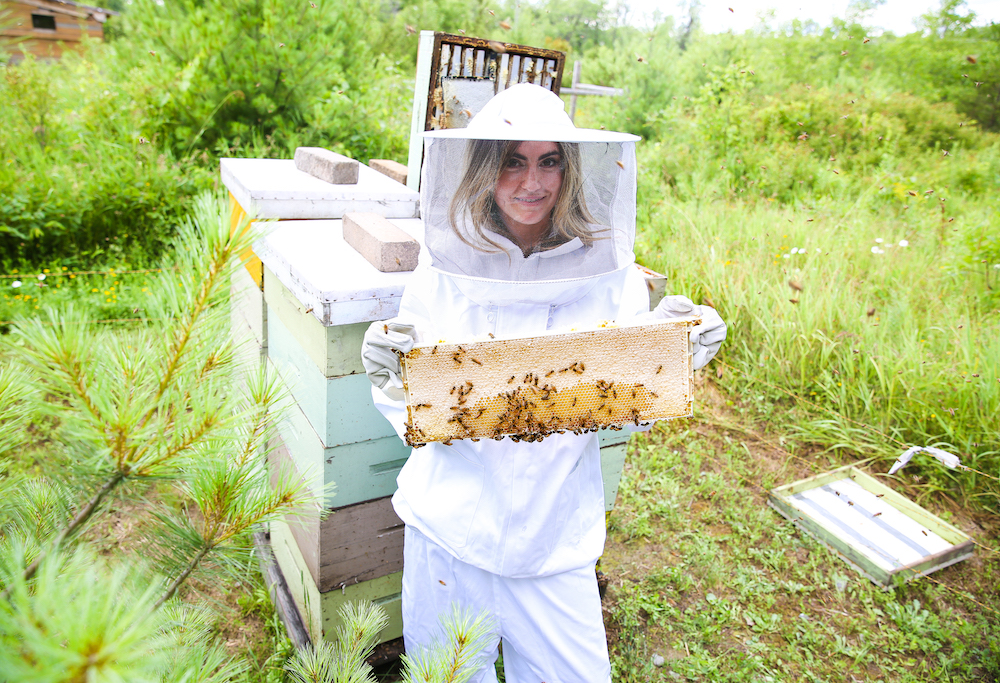
Stein says the agency has done brilliant jobs for iconic consumer packaged goods brands. However, from the start of its design concept for Beekeeper’s Naturals, it wasn’t what Stein was looking for.
“It was beautiful. It was just not my brand,” she says. Discussing what Beekeeper’s Naturals’ brand is, she adds, “Our mission is marrying the worlds of wellness and science. It can be kind of woo woo on one end, and then very symptom-driven and synthetic and not inclusive on the other end. Our whole goal is to combine those two worlds. I always like to say we apply the scientific rigor typical of the pharmaceutical world to build products, but we’re building them using all-natural hive-based, plant-based ingredients.”
After the rebrand, Stein regrouped with her team, including CMO Alexis Warchalowski, who previously held executive positions at E.l.f. Beauty, Liquid IV and Too Faced, and creative director Michun Radant. The team agreed that the rebrand wasn’t on-brand. When the rebranded products hit the market, Beekeeper’s Naturals saw a small sales dip, confirming Stein and her team’s gut reaction to the revamp.
Customer feedback confirmed that gut reaction, too. “We’re meticulous about talking to people about how the products work, but we haven’t really held a lot of conversations around the aesthetic, which is like, ‘How does the look of this make you feel? What does it say to you?’ So, we polled our audience, sending emails, SMS, Instagram, everything, and our customer base was pretty in line with me,” says Stein. “They’re like, ‘It looks cute, but you’re not about being cute. You’re about getting down to work.’”
Beekeeper’s Naturals stepped back from the rebrand and tweaked the brand design internally, including the logo. Among the tweaks was the reintroduction of secondary packaging for select products, which the design firm had eliminated. Today, the re-rebranded products are on shelf at Target and Whole Foods, where Beekeeper’s Naturals is in every door, as well as on Amazon, where Beekeeper’s Naturals’ Propolis Throat Spray is the No. 1 selling item in the cold and flu category.
The brand is also in the process of rolling out to hundreds of CVS and Walgreens stores. The pharmacy chains will carry the entirety of Beekeeper’s Naturals’ 10-product assortment priced from $13.99 for the Propolis Throat Spray to $44.99 for the new Complete Gut Health probiotic supplement.
Beekeeper’s Naturals went through CVS’s Trusted to Be Tested program, which requires brands to back up any health claims they make. “They really make you go through the wringer to validate health claims and talk about the science and efficacy,” says Stein. “I’m very proud to be retailed in CVS through that program. This is what we’re trying to do. We’re trying to change and disrupt categories.”
For Stein, the expensive rebrand was a lesson in following her gut—and it was only a momentary setback that didn’t break Stein or her business’ stride. From 2020 to 2021, Beekeeper’s Naturals’ revenue doubled to reach $20 million to $30 million. Its Amazon business has ballooned 430% year-over-year, and its direct-to-consumer channel has increased 80%. The brand has sold over 1.5 million bottles of its Propolis Immune Support Throat Spray, according to Stein.
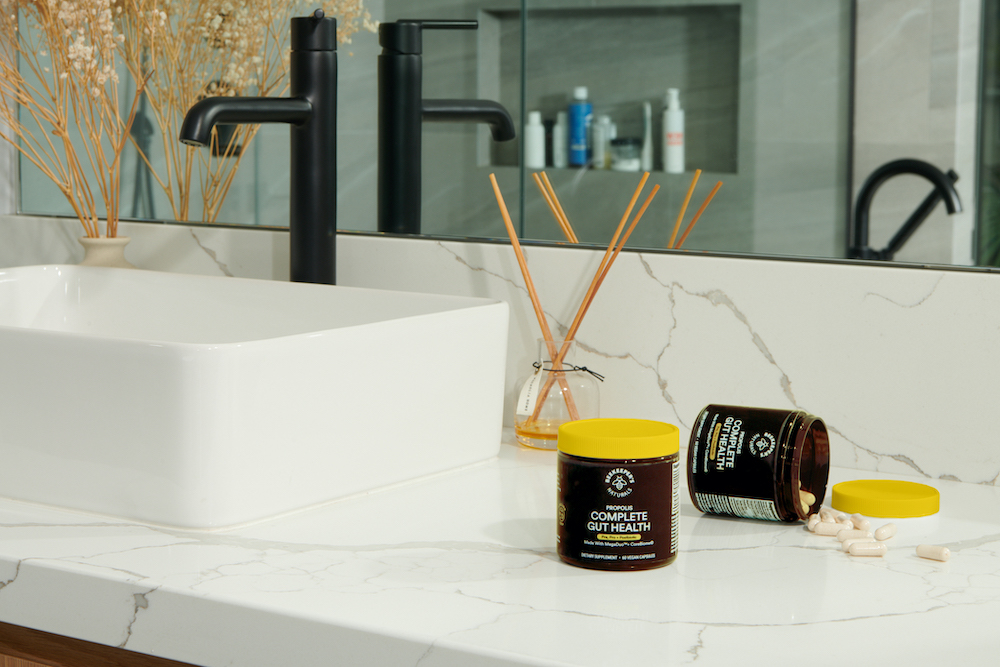
Launched in 2017 after Stein turned to propolis to relieve tonsillitis she’d battled for years, Beekeeper’s Naturals began in farmer’s markets and grew quickly from there. In 2019, it closed a $3.5 million series A round led by Sonoma Brands. In 2020, it closed a series B round led by Cavu Venture Partners.
Stein divulges that Beekeeper’s Naturals has been approached about potential acquisitions, but she’s rejected the offers and plans to stay at the helm of the brand for the foreseeable future.
“I have a lot more that I want to build right now,” she says. “This is my first company, but something I’ve learned about myself is I really love building things. I struggled with my health for so many years, so this is so important to me. The goal is to make Beekeeper’s Naturals a household name and to build a platform for products that are proven by nature, empowered by science and for people to take care of themselves and their families.”

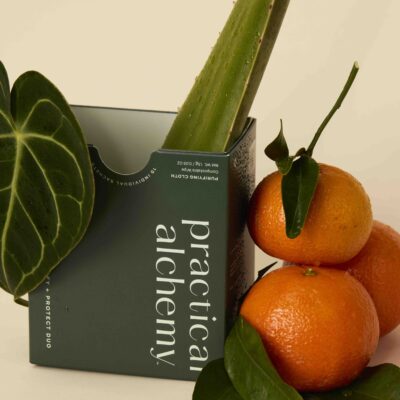
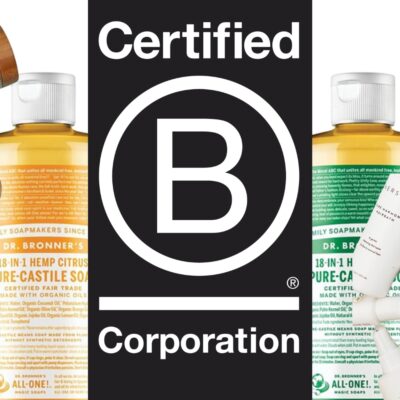
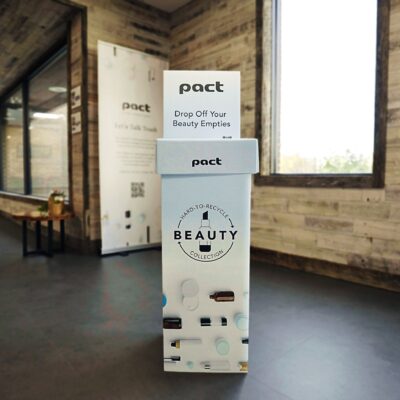

Leave a Reply
You must be logged in to post a comment.